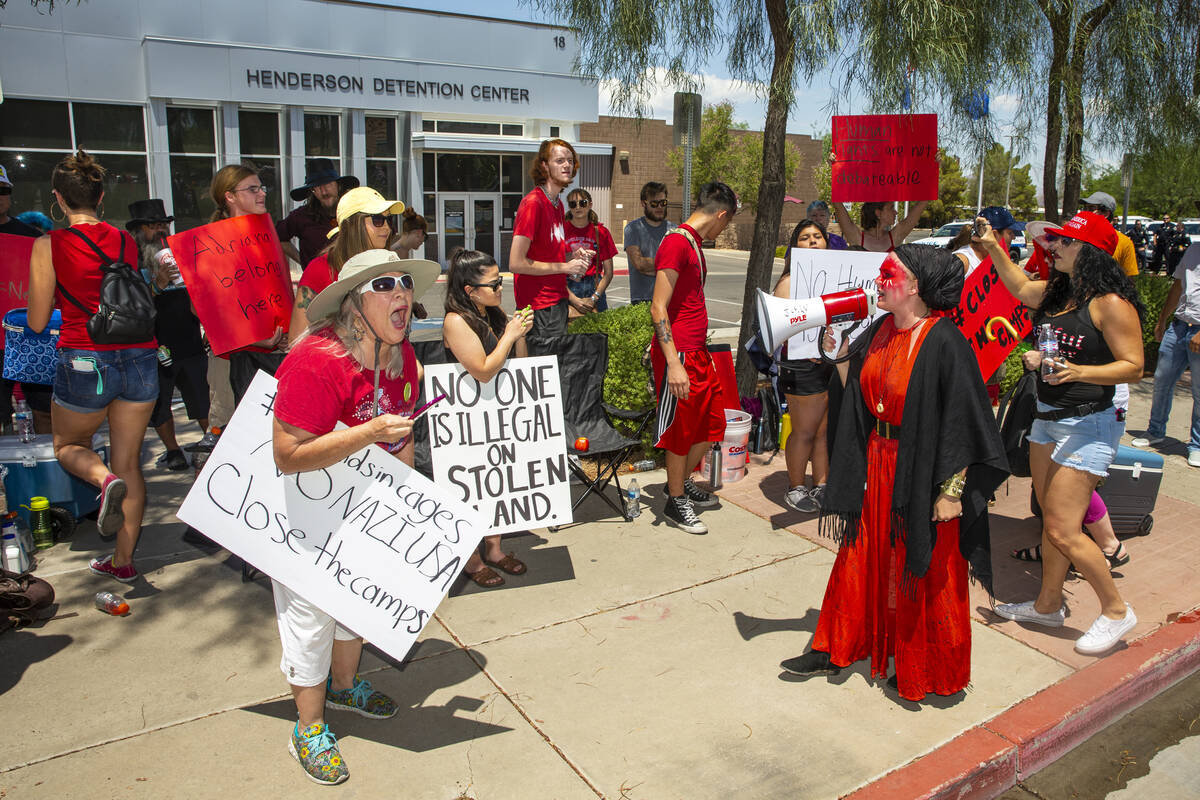VICTOR JOECKS: The disagreements that divide us
Americans don’t just disagree on policies. In three key areas, they disagree on the principles that lead to the creation of those policies.
The first is truth. Some people believe that absolute truth exists — a shared reality outside of ourselves. We may not like the truth, but attempting to deny it will cause only confusion, frustration and failure. Others believe that truth is relative. Priority should be given to one’s lived experience and what individuals believe to be true.
The debate in which this is most obvious concerns sex. Either sex is based on biological reality or personal feelings. The former is objective and observable. The latter is subjective and self-selected.
But this isn’t just a personal choice. It permeates societal disputes about pronouns, sports, locker rooms and surgeries. In some places, biological men are housed in women’s prisons. That has resulted in some of those men raping female prisoners. But the left doesn’t care about those “lived experiences.”
The second is American values. The Declaration of Independence states, “We hold these truths to be self-evident, that all men are created equal, that they are endowed by their Creator with certain unalienable Rights, that among these are Life, Liberty and the pursuit of Happiness.”
America hasn’t always lived up to this aspiration. Leaders such as Frederick Douglass and Martin Luther King Jr. didn’t call for the country to adopt new values. They pointed out the country’s shortcomings and urged America to live up to her ideals. That approach worked. Racial discrimination is largely illegal, although some leftist institutions continue to seek ways to enact de facto affirmative action schemes.
But judging people by their character, not their skin color, isn’t universally celebrated these days. Critical race theory adherents don’t support neutral principles applied to individuals. They divide people by skin color. Then, they want the government to cram down homogeneous outcomes for each racial group. That’s the antithesis of protecting individual rights and judging people based on their merits.
The third is God. The country was settled by colonists who held Judeo-Christian values. This is why numerous state constitutions once required elected officials to be Christians. The Founding Fathers weren’t shocked by this overt connection between politics and religion — they were counting on it.
“Our Constitution was made only for a moral and religious people. It is wholly inadequate to the government of any other,” John Adams wrote in 1798. He was the sitting president at the time.
This is because limited government requires self-governance among the populace. Widespread belief in a God who judges individual actions and desires Judeo-Christian morality has long been an indispensable part of that in America.
How things have changed over the past century. The Supreme Court kicked God out of schools. This didn’t make public schools neutral. Something was going to fill the values vacuum. Schools now preach secular humanism, which functions like a religion for atheists. The number of Americans who believe in God has fallen noticeably since then.
These principles are so foundational that even uneasy compromises won’t remain stable in the long run. Either one side or the other will emerge victorious in these debates.
Throughout human history, profound disagreements such as these have usually been settled with conquest and force, not logic and rhetoric. Preventing that from happening here requires zero tolerance for political violence, not celebrating Charlie Kirk’s assassination or protecting antifa.
These disputes don’t make the headlines. But they are why our politics are so bitter and divisive.
Listen to Victor Joecks discuss his columns each Monday at noon with Kevin Wall on AM 670 KMZQ Right Talk. Contact him at vjoecks@reviewjournal.com or 702-383-4698. Follow @victorjoecks on X.


















